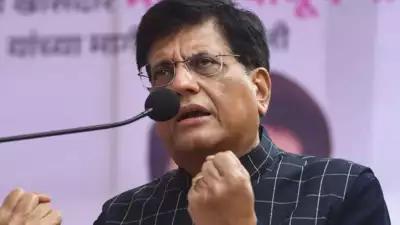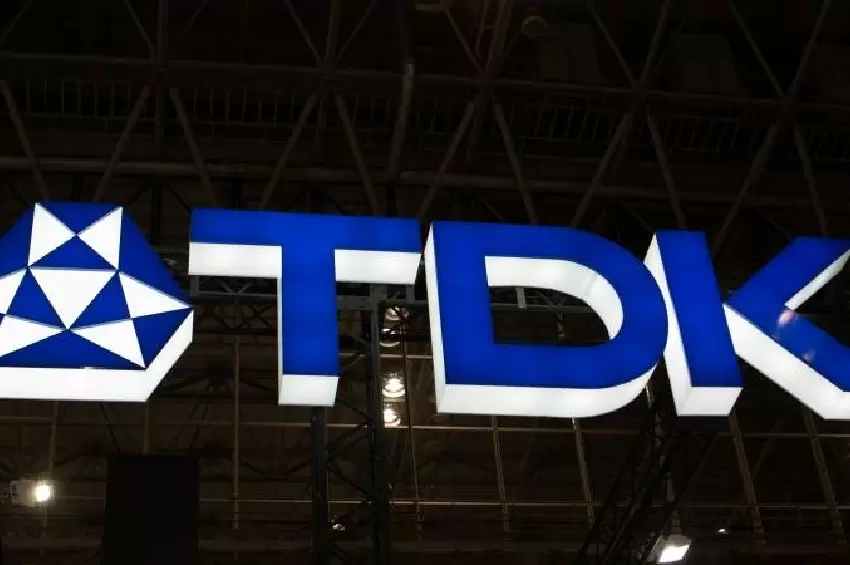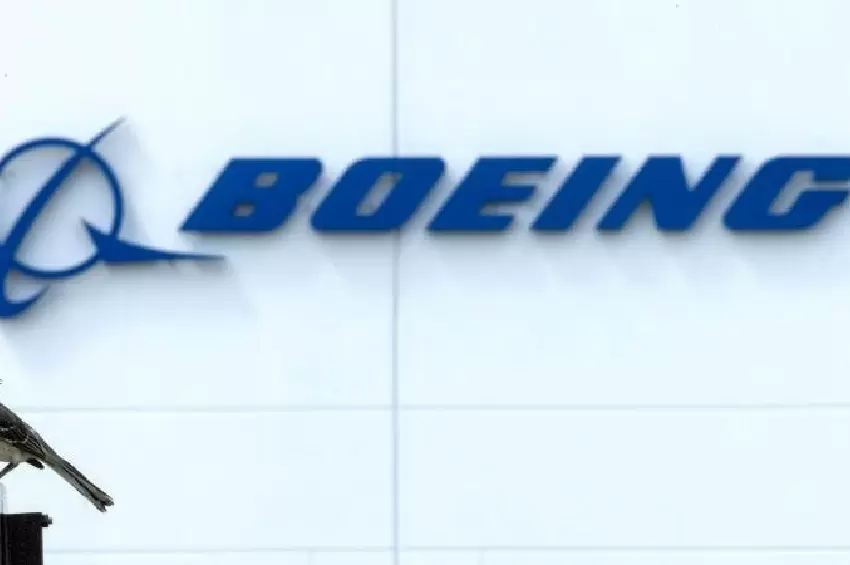India's New Era of FTAs: A Model of Fairness and Equity
Commerce and Industry Minister Piyush Goyal recently highlighted India's strategic approach to finalizing Free Trade Agreements (FTAs). Unlike the past, these agreements are now forged after extensive consultations with all stakeholders, ensuring they are fair, equitable, and balanced. This marks a significant shift in how India engages in international trade, prioritizing the interests of all parties involved.

EFTA Agreement: A Landmark in India's FTA History
Goyal cited the agreement with the European Free Trade Association (EFTA) as a milestone, noting it as the first FTA in India's history to secure a commitment of $100 billion in Foreign Direct Investment (FDI). This achievement underscores India's growing appeal as a prime destination for international investments.
India's Stance on RCEP: Protecting National Interests
The minister also addressed India's decision to opt out of the Regional Comprehensive Economic Partnership (RCEP), emphasizing the government's commitment to safeguarding national interests. This decision was driven by concerns over the potential influx of Chinese goods and the adverse effects on Micro, Small, and Medium Enterprises (MSMEs).
Export Growth and Economic Stability
On the topic of exports, Goyal shared optimistic figures, with goods and services exports reaching $778 billion in 2023-24. He projected that this year's exports would surpass $800 billion, maintaining a current account deficit (CAD) at around one percent of GDP, a level deemed reasonable for economic stability.









Comments